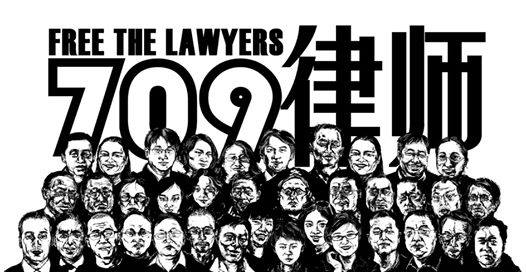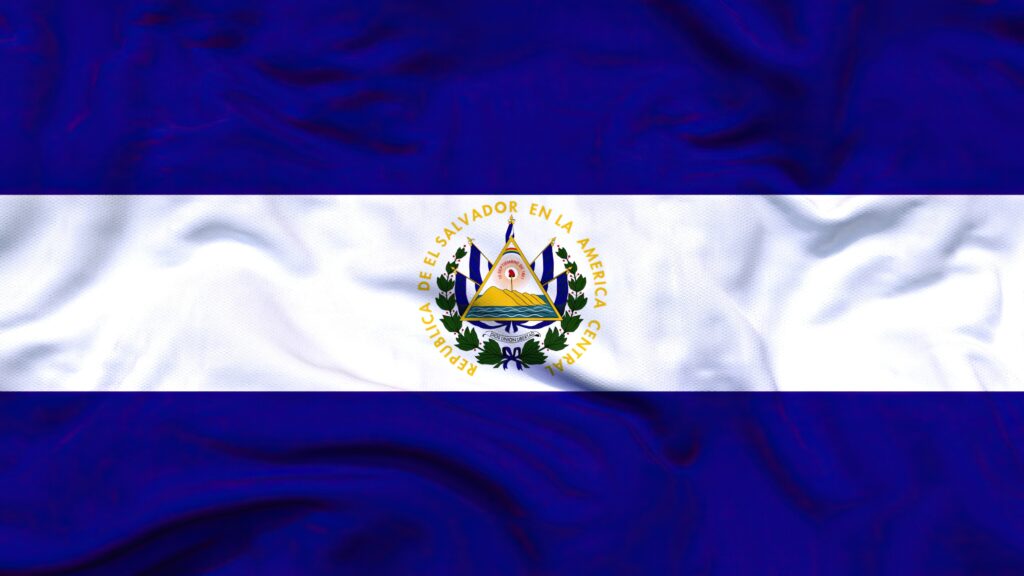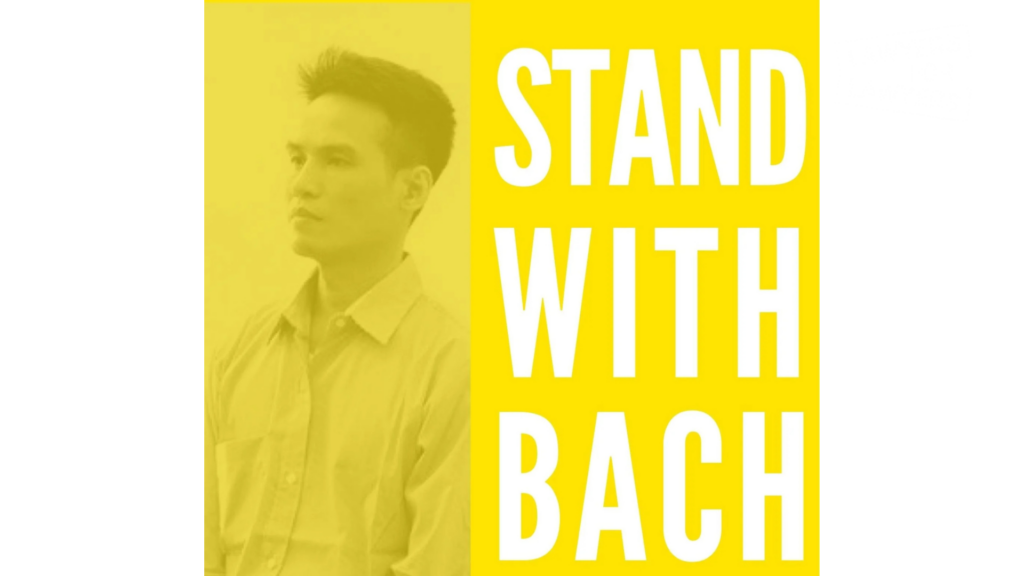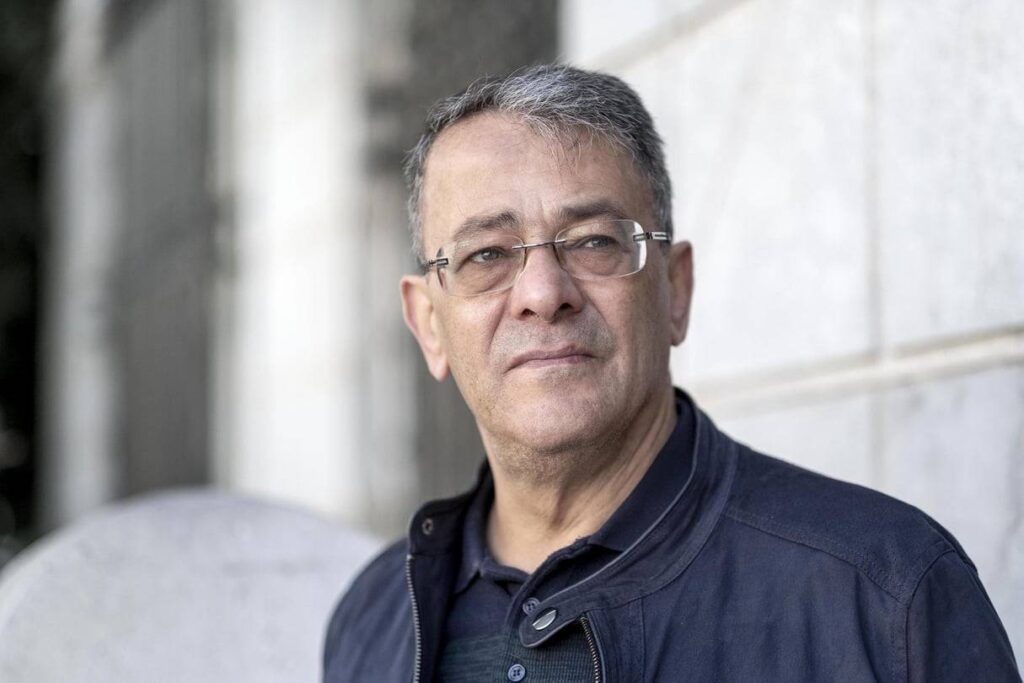On 9 July 2015 the Chinese government launched a nationwide campaign using criminal laws and executive controlled courts to silence lawyers and other human rights activists through arbitrary arrests, detentions, convictions, and imprisonment. Over 300 lawyers and activists were arrested during this campaign, which has become known as the 709-Crackdown. Five years later, the situation of Chinese lawyers looks equally bleak and fears of a similar crackdown in Hong Kong seem realistic.
Today, 9 July 2020, marks the fifth anniversary of the nationwide crackdown on Chinese lawyers and human rights activists on 9 July 2015. During the summer of 2015, the Chinese government began a severe crackdown in which it arrested an estimated 300 lawyers and human rights defenders and raided law firms. This large-scale operation has become known as the 709 Crackdown.
Since the start of the Crackdown, hordes of lawyers and activists have been detained, arrested, held incommunicado, summoned to appear, convicted or otherwise restricted in their freedom. These lawyers and activists had challenged the abuse of their clients by China’s judicial authorities or police and as a result saw themselves become targets of the government. The majority of these persons have since then been charged with vague and broad violations of the law, such as ‘subversion of state power’, ‘inciting subversion of state power’, ‘picking quarrels’ or ‘stirring up troubles’. While many lawyers were held without having been charged with a crime nor knowing what they were accused of, others underwent show trials lasting just a few hours and were subsequently sentenced to lengthy prison sentences.
The repression from the Chinese government does not only focus on individual lawyers, however. More than harassing and prosecuting individual lawyers who dare to challenge the government, the government also exercises suppressive control by means of various laws and directives. Since November 2016, all lawyers and law firms are required to support the leadership of the Communist Party of China and the socialist rule of law as a basic requirement for legal practice. These directives gravely impede lawyers’ right to freedom of expression, assembly and association and have seriously weakened the independence of lawyers. Furthermore, both law firms and lawyers are subject to annual inspections and a yearly renewal of their licenses. This yearly review has been used to intimidate lawyers and their firms and the government has revoked and suspended the license or various lawyers. All of these measures seriously prevent lawyers to freely and independently exercise their profession.
Five years on: further deterioration of situation
The regrettable realisation is that five years after the 709-Crackdown, the situation for lawyers in China is arguably further deteriorating. Lawyers that were detained during the 709-Crackdown have been released in some cases, while some have been detained several times more since. The repressive policy of the Chinese government against outspoken or critical lawyers has continued unabated during the last five years.
A new low occurred in December 2019 when a large-scale and nationwide coordinated action was taken against human rights lawyers and activists once again. After a gathering of lawyers and activists in Xiamen on 13 December 2019, the government opened a manhunt for those present during the meeting. More than twenty lawyers and activists were arrested, summoned and went incommunicado. This prosecution, known as the 1226-Crackdown, is a sad indication of the further decline of lawyers’ rights in China.
Hong Kong lawyers brace for Chinese involvement
Since adoption of the Hong Kong National Security Law on 30 June 2020, fears have emerged that a crackdown similar to the crackdowns in mainland China might take place in Hong Kong. The unilateral imposition of the law infringes Hong Kong’s autonomy and has opened the door to suppression of dissenting opinions in Hong Kong under the guise of safeguarding national security. While it remains to be seen whether human rights lawyers and activists will indeed be prosecuted in a similar fashion, the framework for such prosecutions has been put in place. Fears of a actions similar to the 709 and 1226 Crackdown in Hong Kong lawyers are growing, and rightly so.
Lawyers in detention
The recent release of Wang Quanzhang after four and a half years of imprisonment is one of very few positive accounts coming from China. Arrested in the aftermath of the 709-Crackdown, Wang Quanzhang had been held detained until his trial three and a half years later in December 2018. He was convicted to a sentence of four and a half years in January 2019 and finally released in April 2020. Widespread fear that Mr. Wang would not be given back his unconditional freedom lead to abundant coverage by the media and human rights groups. Even though Wang Quanzhang is still monitored by the government, at last he is reunited with his family in Beijing.
Unfortunately, many other lawyers are still held in detention. The detainments of Ding Jiaxi, Li Yuhan, Yu Wensheng and Xu Zhiyong are just a few of many cases with a less promising outlook. Lawyers for Lawyers has grave concerns about the situation of these lawyers and of all lawyers currently detained, held incommunicado or otherwise limited in their freedom by the Chinese authorities. Lawyers for Lawyers calls upon the Chinese government to immediately stop all forms of harassment and persecution of lawyers, including through administrative means, and unconditionally release those arbitrarily deprived of their liberty.




